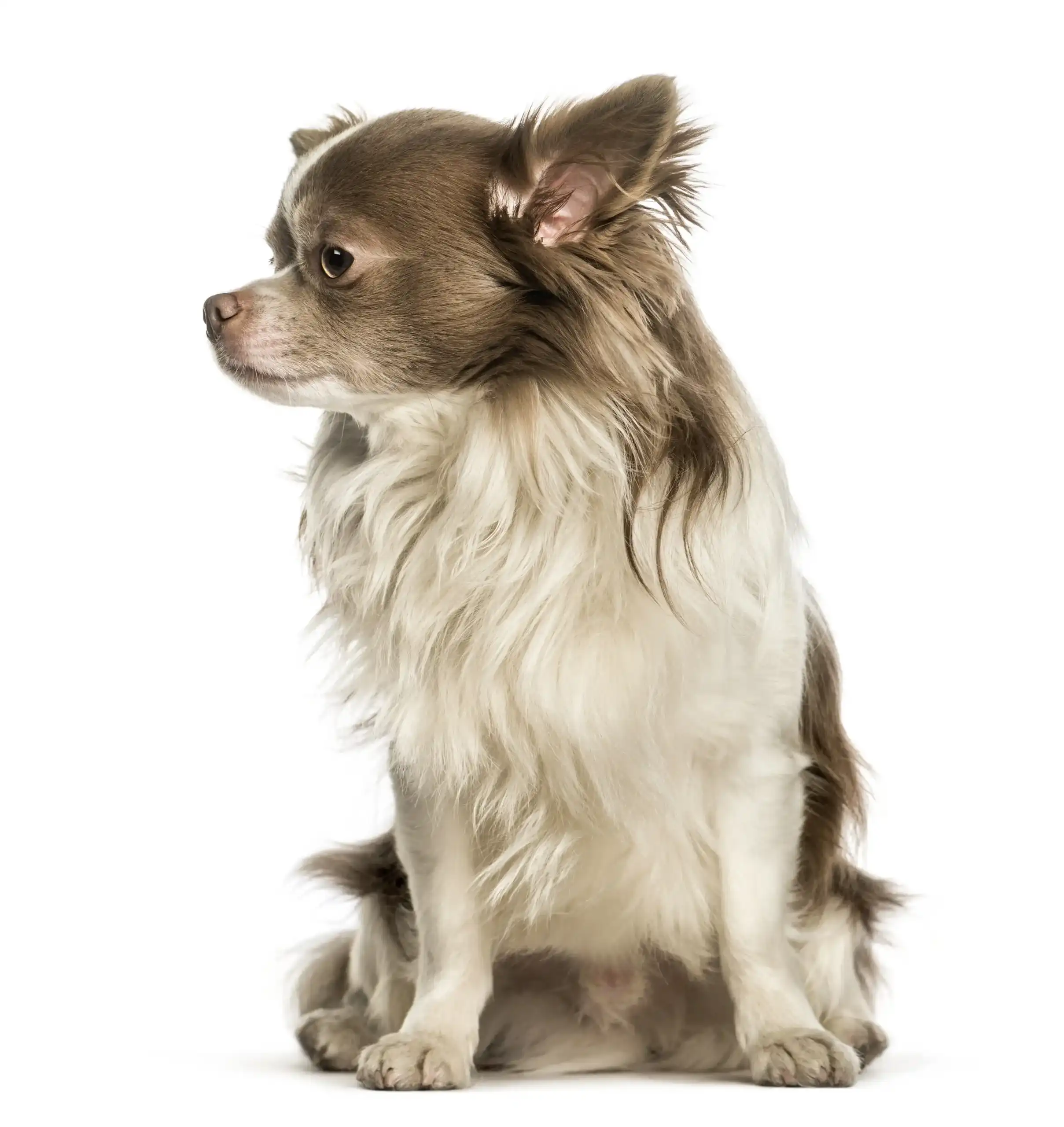
Dogs have very acute hearing. Their hearing range is around 67 – 45,000 Hz, compared to 64 – 23,000 Hz for humans. This means dogs can hear higher pitched sound than we humans can.
They can also hear about 4 times the distance. It is therefore not that strange that most dogs do not like loud noises, e.g. from fireworks, thunderstorms, or shooting.
Your dog is likely to experience some loud noises during his lifetime, so it is important to help him to get used them. The sooner you start the better, as the problem is likely to escalate over time if not dealt with early on. Fear of loud noises can develop into noise phobia, which can be very difficult to deal with.
But first….
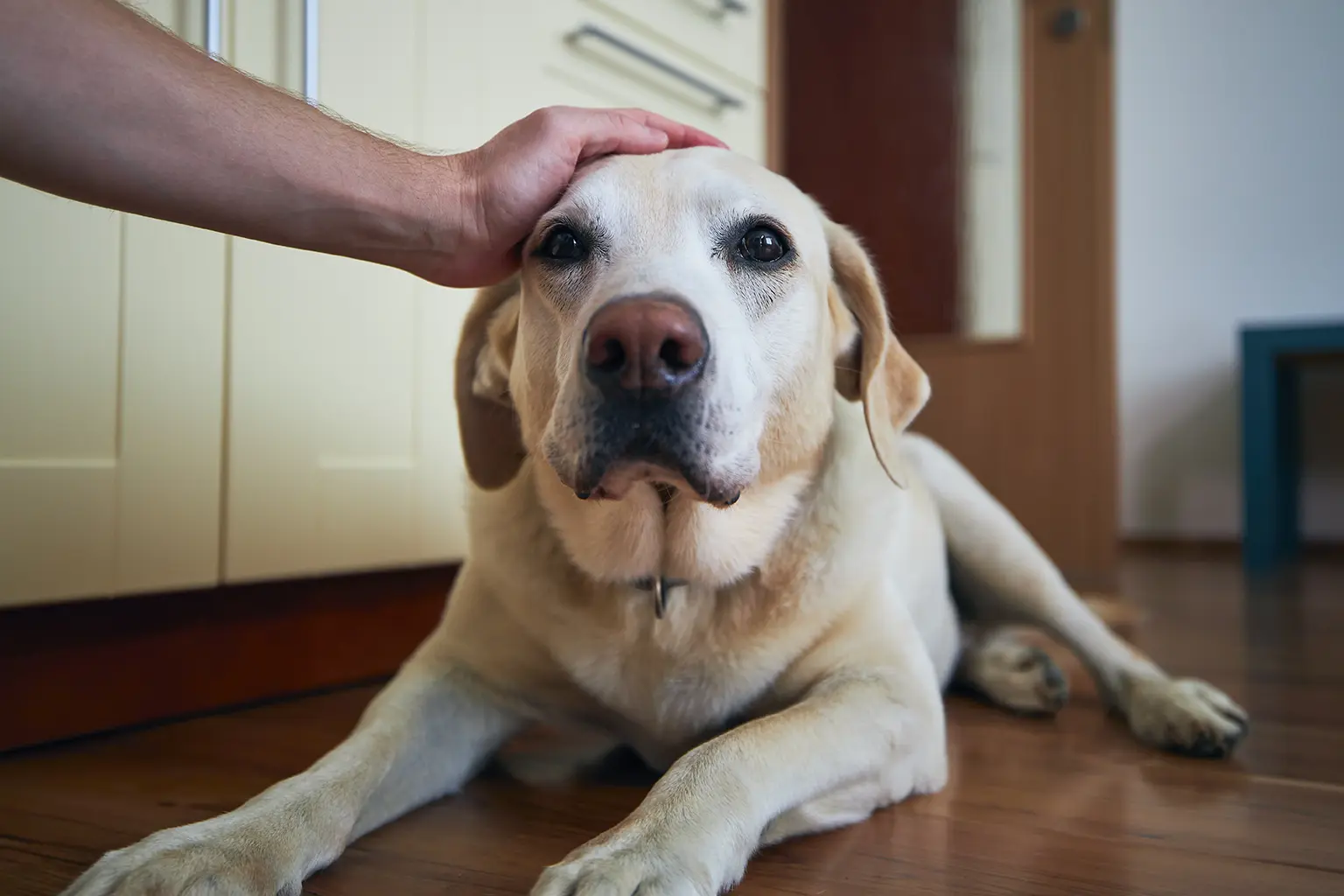
There are three main types of treatments for noise phobia in dogs, i.e. changes in the dog’s environment, behaviour therapy and medication. Often more than one, or all treatments, are carried out together.
There are special techniques that can change the dog’s response to the noise. Behaviour therapy requires commitment from the dog owner, but it can really work wonders for many dogs. Systematic desensitization and counter-conditioning are the most common treatments for canine anxiety, phobias, fear, and aggression, or any behavioural problem that involves arousal or emotional reaction.
Counter-conditioning involves teaching the dog to feel and react pleasantly to something he once feared or disliked. This is done by associating the feared thing with something pleasurable for the dog. For example, by giving the dog his favourite treat or toy as soon as he hears the first firework go off.
While desensitization involves a gradual process of exposing the dog to a less intense version of the noise he fears, in such a way that his fear isn’t triggered. Basically, the dog is taught to be calm when the noise level is low and then the noise level is gradually increased until the dog doesn’t show any fear of the noise.
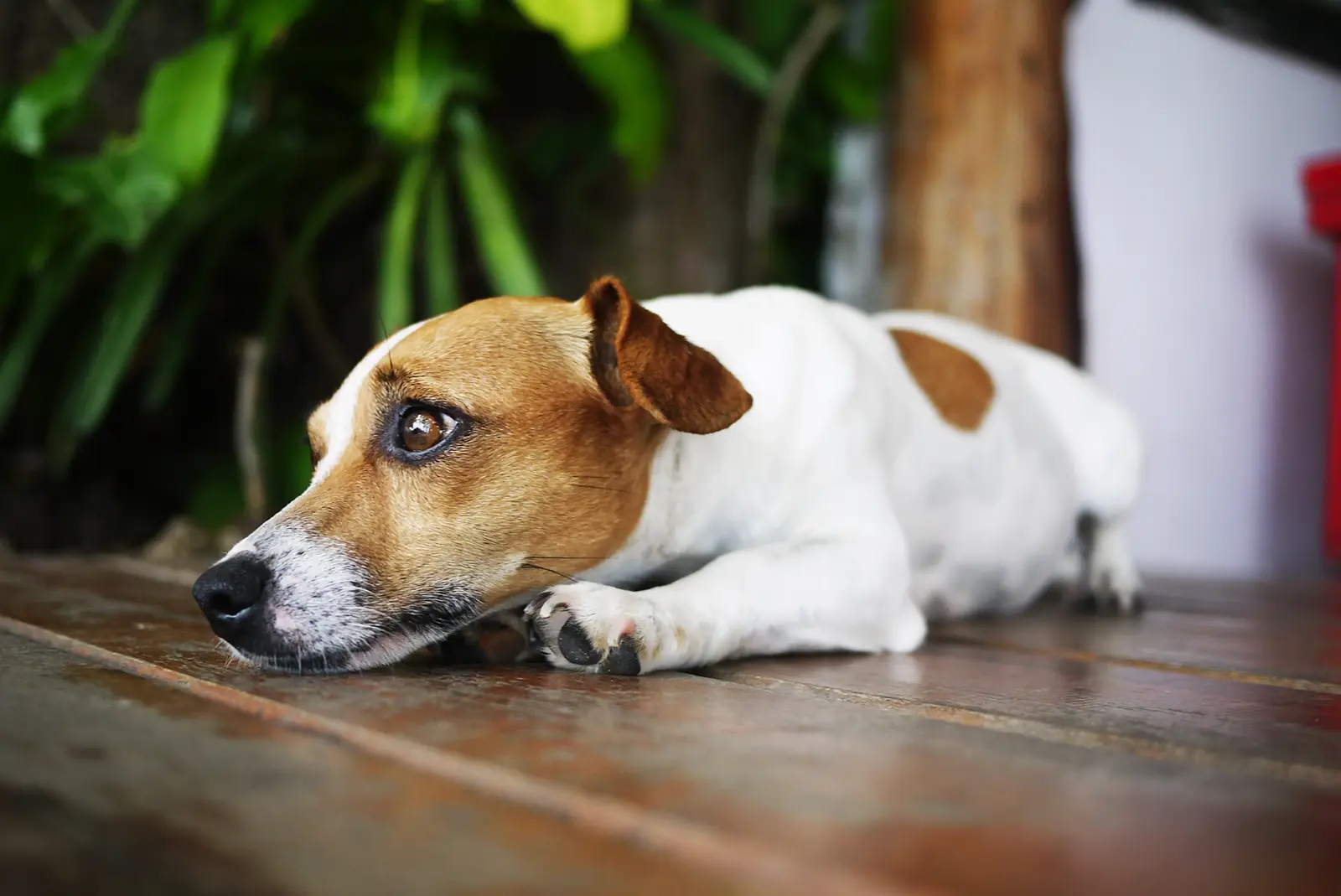
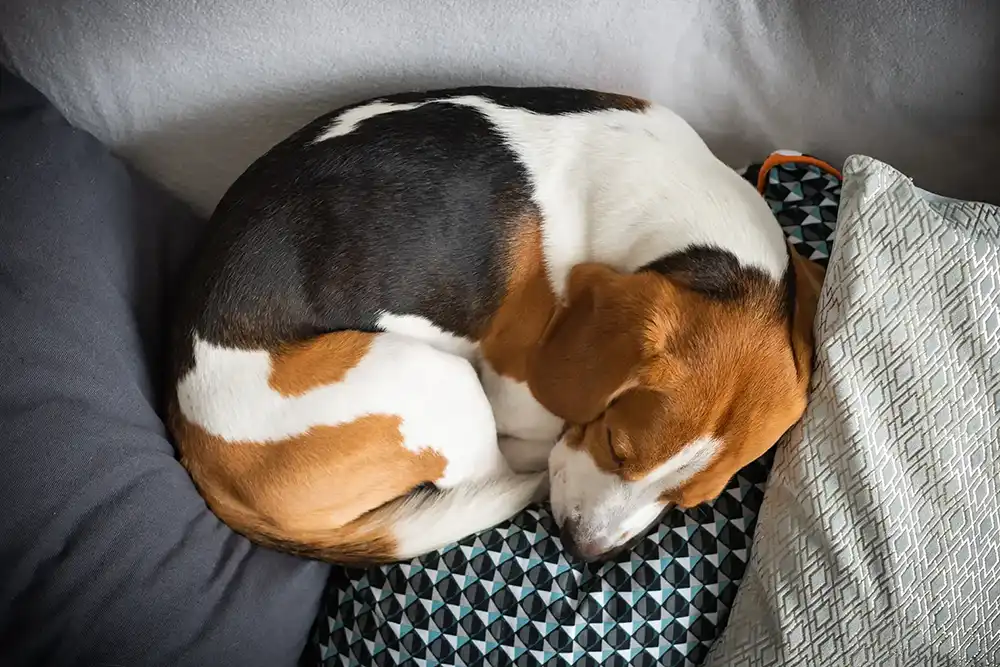
This is about making changes in the environment that can help the dog to cope better with his fear. This includes creating a safe enclosed area for your dog, e.g. crate covered with a blanket for added feeling of security. It is also good to damper the noise level anyway you can, e.g. with heavy curtains. Sound, e.g. from TV or radio, can also help to reduce the external noise.
Extra exercise and feeding the dog before the storm / firework display starts is also recommended. Distracting the dog with new toy or favorite treat can help too.
Furthermore, it is important to keep the atmosphere calm and not over comfort your dog, as this can make the situation worse on the long run (reinforce the dogs fear).
Doing small changes like this can work well for many dogs, especially if used in collaboration with good quality calming aid for dogs.
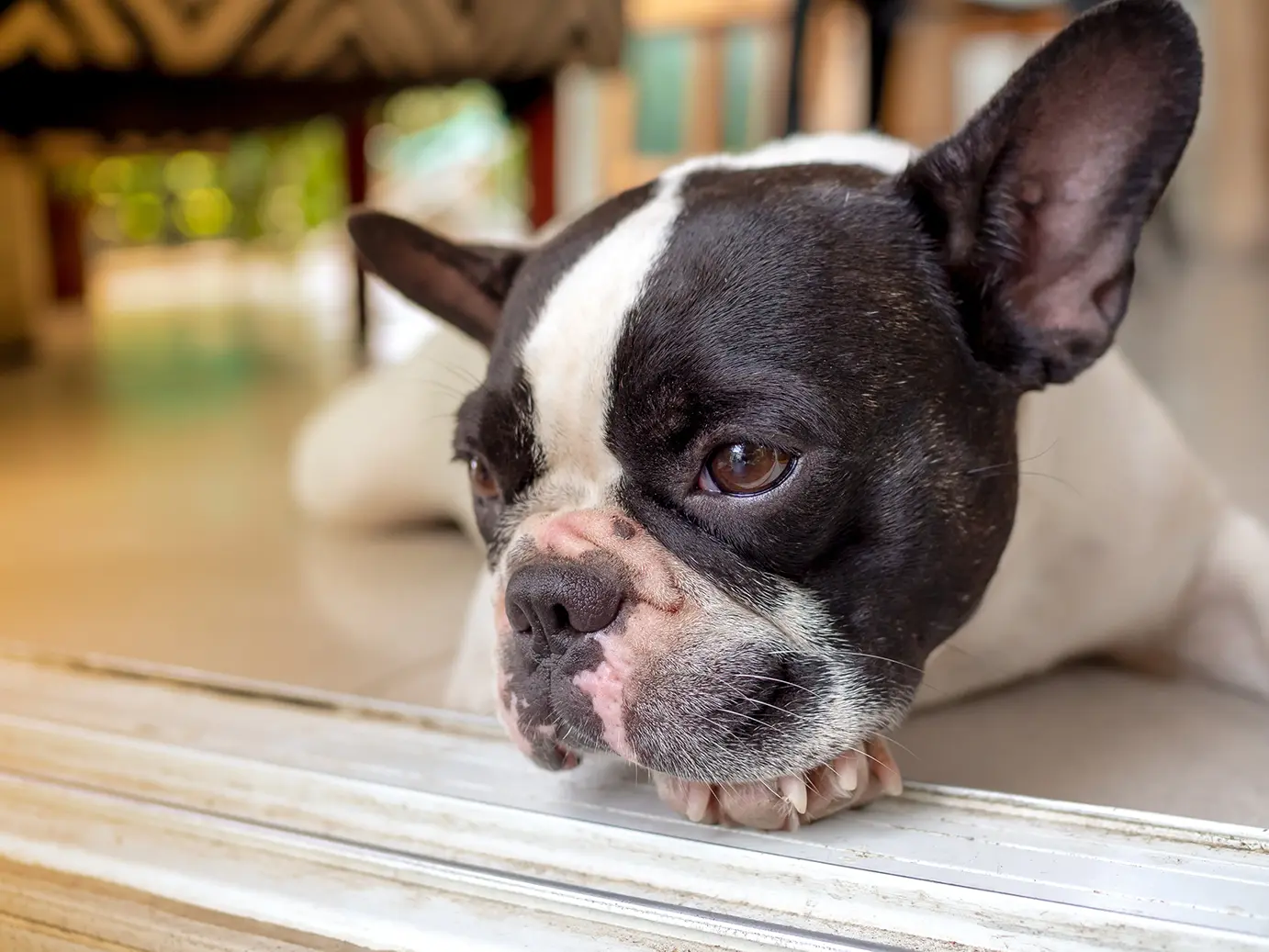
In the most severe cases, dog anxiety medication may be prescribed. Drugs can be given for special events, like Fourth of July fireworks, or when big storm has been forecasted. In other cases medication may be required for a time period, e.g. during the thunderstorm season.
Prescribed drugs for dogs include Alprazolam, Amitriptyline, Buspirone, Diazepam (Valium) and Fluoxetine (Prozac), i.e. drugs to treat depression, anxiety, and panic disorders. Medication for dogs does include some side effects, sometimes quite severe. Many dog owners therefore see dog anxiety medication as the last resort.
Natural calming aid supplements, like maxxicalm, and pheromone diffusers have no side effects and may benefit dogs with mild or moderate noise phobia, and even those with severe phobia if used in connection with other treatment options.
Great product
ms katherine sykes
It works – you won’t be disappointed
“You got to find the dose that works best for your dog. We’ve give twice the recommended amount to our crazy bulldog this stuff works. Also got 110 lb german shepherd scared of his own shadow.
This calms him down in storms fireworks or if he’s just having a bad day”
The most common noise phobias in dogs are fear of thunderstorms or fireworks. Fear of gunshots is also quite common in certain areas. Less common phobias include the sound of certain birds and other loud noises.
You can find practical tips for helping your dog deal with his fear of fireworks and thunderstorms. However, if your dog suffers from severe case of noise phobia, then you should seek professional advice.
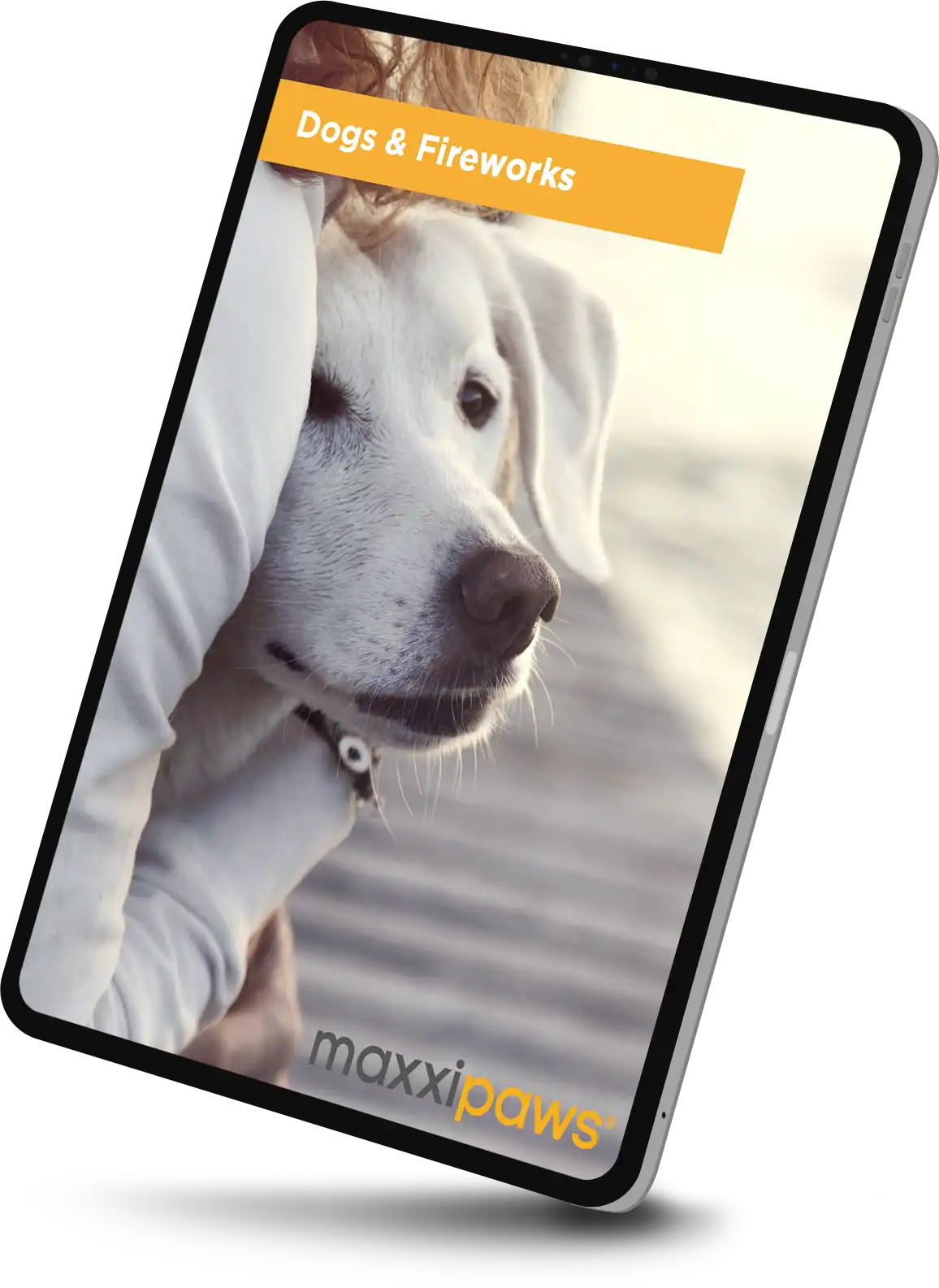
Fireworks are scary and stressful for most animals. Record number of dogs go missing every year during firework displays.
Our checklist will help you to prepare your dog for night of firework displays. The sooner you start preparing your pet the better.